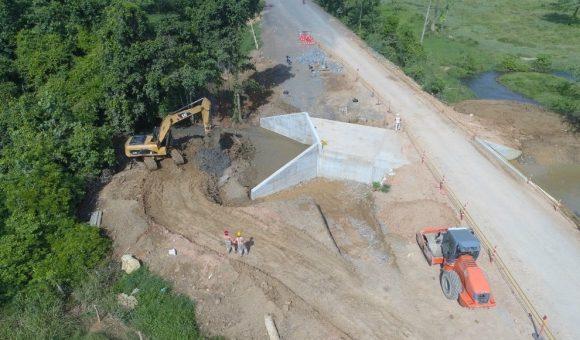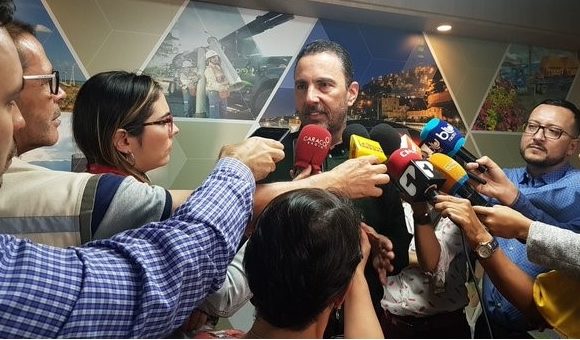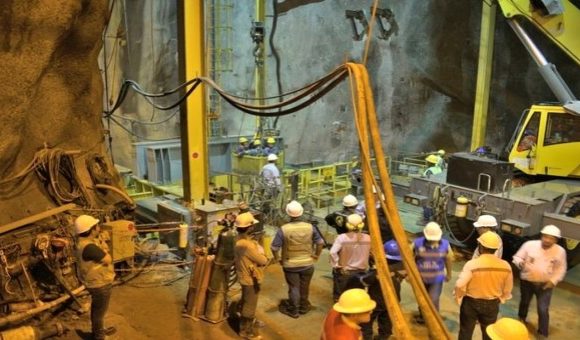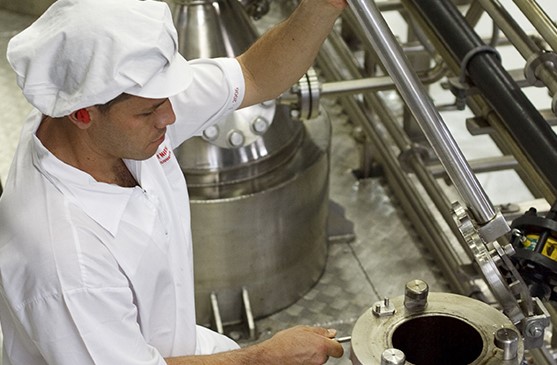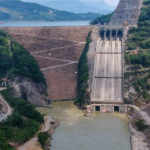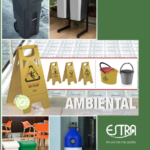Update: Medellin, Colombia Learning to Cope with Coronavirus; Even Nationals Banned from Returning for 30 Days
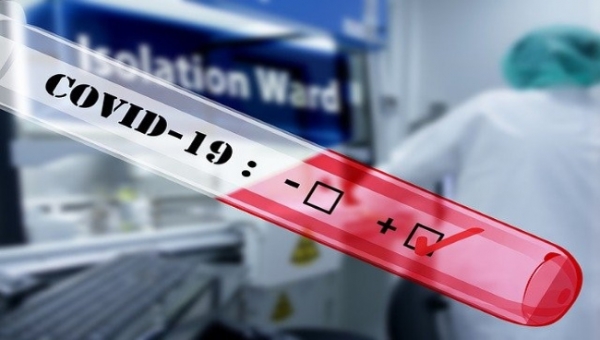
Medellin and Colombia today face the same issues with Coronavirus as the entire planet — and coping steps being taken here are virtually identical to every other nation and major city.
As of March 16, all foreigners have been banned from travelling to Colombia — until further notice.
What’s more, starting this weekend (the last minute of March 22, at 11:59 pm), even Colombian nationals and residents currently outside of Colombia also will be prohibited from returning home for the next 30 days, as Colombian President Ivan Duque announced in a March 19 press conference.
While many Colombian citizens and residents have already returned to Colombia since the health crisis emerged in recent weeks, too many have failed to comply with quarantine and isolation requirements — presenting great risk to all other Colombians, Duque added. Hence the relatively drastic measure to ban even returnees for the next 30 days, he explained.
As of March 19, the Ministry of Health reported 128 confirmed cases of Coronavirus nationally, with Bogota accounting for most (53 cases), while metro Medellin including Antioquia department had just 11 cases.
According to the Ministry of Transport, nine foreign nationals so far have been deported shortly after arrival here for failure to comply with quarantine requirements.
New control measures include “random visiting brigades to verify that [mandatory quarantine] isolation is being met,” according to the Ministry.
“In addition, hotels throughout the country where foreigners are confined in preventive isolation have been reporting to Migración Colombia if [foreign visitors] have complied with the recommendation and if not, they will be deported.”
International arriving passengers “must make a declaration in writing of the places visited during the last 14 days and facilitate the taking of [body] temperature,” the Ministry added.
Public Utilities Operating Normally
According to Medellín-based public utilities giant EPM, all normal electric, water, gas, trash and sewer services are continuing normally.
In addition, construction continues on the 2.4-gigawatt “Hidroituango” hydroelectric plant in Antioquia, due for initial start-up at end-2021.
Customers can continue using Internet platforms for routine monthly payments and service calls for repairs and installations, according to EPM.
“In compliance with presidential guidelines — and responsible individual actions such as frequent washing of hands with soap and water to avoid the spread of the coronavirus — EPM takes action to provide access and connection to drinking water [even] for users who are currently suspended for non-payment,” according to the company.
“EPM invites you to use the virtual channels it offers free of charge to pay invoices, carry out procedures and report damages. On the internet: www.epm.com.co, Factura Web; Ema, virtual advisor and mobile app “EPM Estamos Aqui” for Android and IOS operating systems. Additionally, the Customer Service Line 444-4115 works 24 hours a day,” the company added.
Many EPM office workers are now telecommuting in order to reduce the chances of contact with potentially infected persons, the company added.
Industrial, Wholesale, Retail, Transport Associations Keep Economy Going
Meanwhile, Colombia’s major industrial, retail, transport and consumer trade associations are working with national, local and departmental government officials to ensure continuing supplies and services for crucial items including food, drugs and fuels.
According to a joint statement by the trade groups, the cooperative measures aim to ensure that “safe logistics mechanisms are allowed, so that companies and producers [can ensure that products] arrive efficiently at points of sale, including department stores, pharmacies, neighborhood stores, wholesale outlets and restaurants.
“We request the municipal authorities that even in scenarios of limited mobility or curfews, the transit of people in charge of marketing [and transporting] goods is facilitated, as well as cargo vehicles with food, fuel, sanitation, health, medicines and other basic necessities that allow the supply of the population and raw materials for production,” the trade groups added.
Banking Measures
Meanwhile, Colombia’s biggest bank – Medellin-based Bancolombia – announced that it likewise is taking measures to reduce risks while also enabling relatively easy banking via its Internet portals.
“Our clients can rely upon apps including ‘Personas,’ ‘Sucursal Virtual Personas,’ ‘Sucursal Virtual Empresas,’ ‘Sucursal Virtual Pymes,’ ‘App Pymes,’ ‘Bancolombia a la Mano’ and ‘Nequi’ to carry out various transactions,” according to Bancolombia.
“We encourage the use of contactless payment methods such as the ‘sticker,’ debit/credit cards, and ‘QR’ payment, which enables greater security by having full control of your cards or cell phone to make payments in commercial establishments and mass transportation systems.
“For the network of offices or places where physical contact is essential, we have reinforced cleaning cycles in branches, ATMs and kiosks, following all the recommendations on disinfection procedures provided by the health authorities.
“We have implemented a preventive protocol to protect clients, users and employees, with measures such as: telecommuting, travel restrictions and [avoidance of] participation and development of mass events,” the company added.

